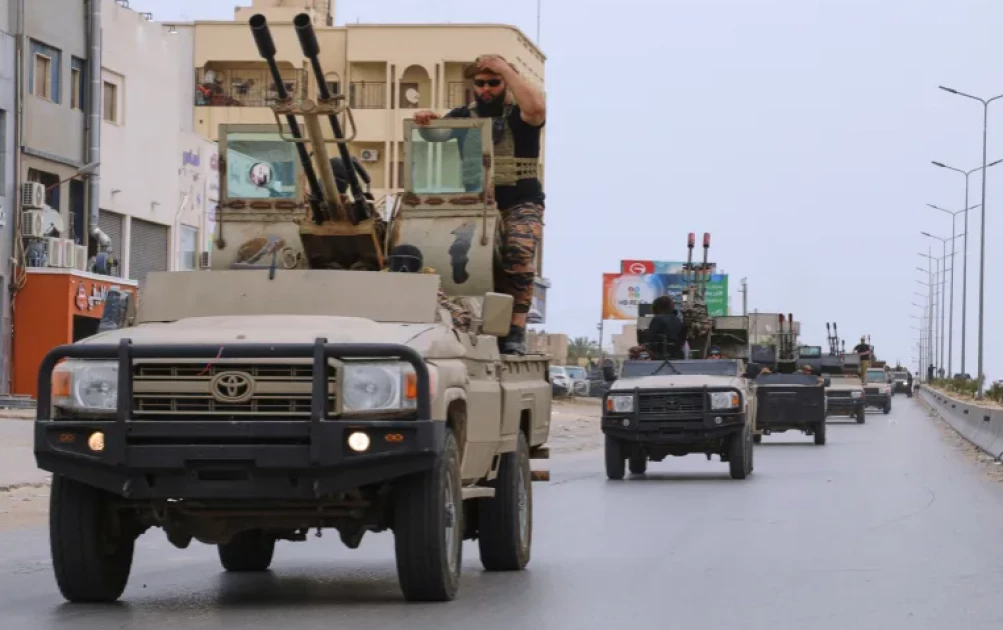Libya’s second phase of municipal elections kicked off on Saturday under tight security, with hundreds of thousands of citizens heading to the polls in a tense atmosphere marked by violence and irregularities. The elections, viewed as a crucial test for Libya’s fragile democratic process, come more than a decade after the NATO-backed uprising that toppled longtime ruler Moamer Kadhafi in 2011.
Polling stations opened across 50 municipalities, including the capital Tripoli, where around 380,000 registered voters were expected to cast their ballots. A heavy security presence was visible in Tripoli and other western regions, where the UN-recognized unity government led by Prime Minister Abdulhamid Dbeibah deployed additional police forces.
The vote, initially scheduled for 63 municipalities, has been plagued by setbacks. The High National Election Commission (HNEC) suspended elections in 11 municipalities in the east, largely controlled by military strongman Khalifa Haftar, citing irregularities such as unexplained halts in voter card distribution. On Saturday, elections in another seven municipalities, including Zawiyah, Surman, and Sabratha, were postponed to August 23 following arson attacks that destroyed electoral materials.
Earlier in the week, armed men stormed the HNEC’s headquarters in Zliten, east of Tripoli, leaving several people injured, according to the UN Support Mission in Libya (UNSMIL). The mission strongly condemned the attacks, describing them as a “grave assault” on Libya’s democratic process and an attempt to disenfranchise citizens.
Despite these challenges, many Libyans expressed hope that the elections would bring accountability and local improvements. “The municipal elections are very important because they determine who will manage the funds allocated to our communities,” said Tripoli resident Esraa Abdelmomen, 36, a mother of three.
Since the fall of Kadhafi, Libya has struggled with political fragmentation and instability. The country remains divided between the Tripoli-based unity government and Haftar’s eastern-backed administration. Previous attempts at nationwide polls have been marred by violence, low turnout, and deep mistrust.
Still, for many municipalities in the west, this marks the first local vote since 2014 a small but significant step for citizens determined to shape their local governance despite ongoing turmoil.

